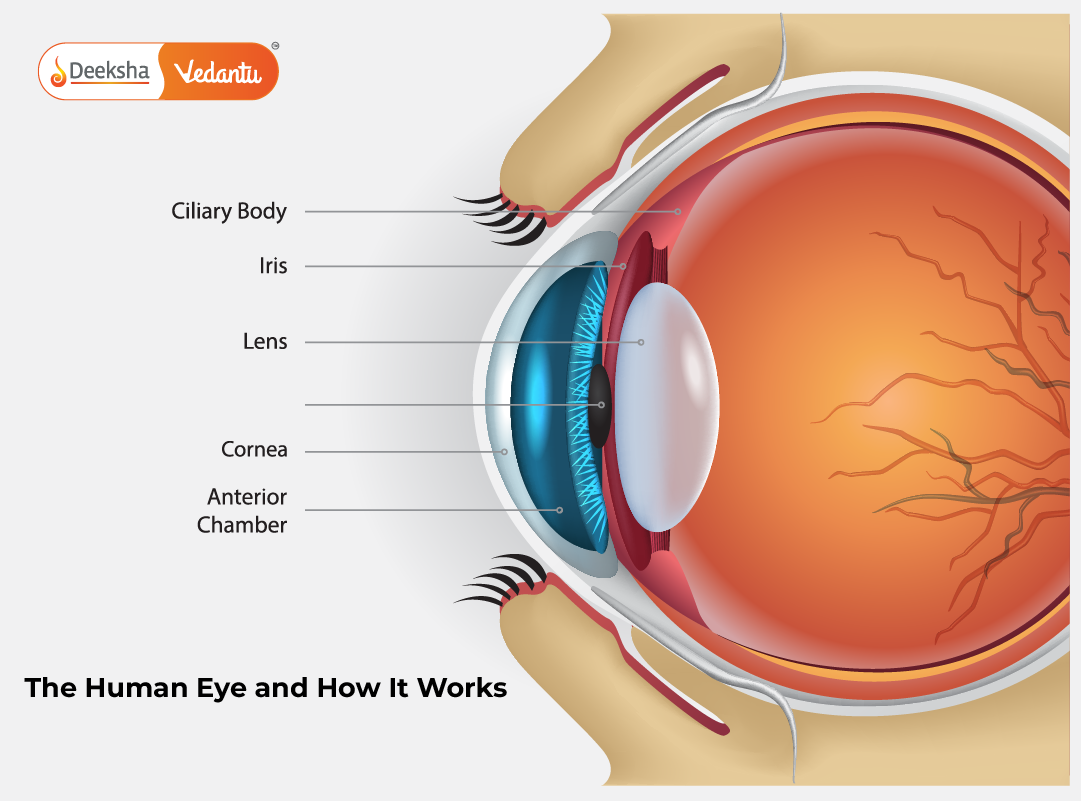Introduction
Human Physiology is one of the most comprehensive and high-weightage units in the NEET Biology syllabus. Spread across multiple chapters in the Class 11 NCERT textbook, it covers key life processes that explain how the human body functions, adapts, and maintains internal balance.
This unit consistently contributes a significant number of questions to NEET—ranging from five to eight every year. Because the topics are interlinked and application-driven, students often find it both challenging and rewarding. Mastering Human Physiology not only helps with direct questions from this unit but also improves understanding of other Biology chapters such as Biomolecules, Cell, and Health.
In this blog, we’ll break down the most important chapters under Human Physiology, highlight high-weightage topics, and provide practical tips to help you study this unit efficiently for NEET exam 2025.
Why Human Physiology Is Critical for NEET
Human Physiology holds a central place in NEET Biology, both in terms of conceptual depth and exam weightage. On average, this unit alone contributes five to eight questions in the NEET exam, making it one of the most heavily tested topics in the Class 11 syllabus.
Unlike purely factual units, Human Physiology involves a strong understanding of interconnected processes and mechanisms. Questions often test application, reasoning, and interpretation rather than straightforward recall. That’s why students need to focus on the logic behind how systems like digestion, respiration, circulation, and coordination work together.
This unit also overlaps with other parts of the syllabus. For example, understanding neural communication helps in mastering topics in animal behavior and endocrine control, while excretory and respiratory processes tie into concepts from cell biology and biomolecules.
Due to its length and complexity, many students try to rush through this unit, but with the right strategy and repeated revision, it can turn into a highly rewarding area for scoring well in NEET.
Check out our NEET Residential Coaching option for focused preparation.
NCERT Chapters Covered Under Human Physiology
The Human Physiology unit in Class 11 NCERT Biology consists of seven detailed chapters. Each chapter explains essential body functions and systems. Together, they form a foundational block for understanding life processes and are key areas of focus for NEET.
Digestion and Absorption
Covers the structure of the digestive system, various digestive enzymes, and the processes of digestion and absorption of nutrients. Common NEET questions involve enzymes, digestive juices, and disorders.
Breathing and Exchange of Gases
Explains the mechanism of breathing, respiratory volumes and capacities, and transport of gases. Important topics include the oxygen dissociation curve and regulation of respiration.
Body Fluids and Circulation
Deals with the structure and function of the human heart, composition of blood, blood groups, and the cardiac cycle. Diagrams of the heart and questions on ECG are frequently asked.
Excretory Products and Their Elimination
Focuses on the excretory system, nephron structure, and urine formation. The hormonal regulation of kidney function is a key concept.
Locomotion and Movement
Describes types of movement, structure of muscle fibers, and the mechanism of muscle contraction. Diagrams and examples of bones and joints are important for NEET.
Neural Control and Coordination
Covers the structure and function of neurons, transmission of nerve impulses, reflex action, and central nervous system anatomy. This chapter often features application-based questions.
Chemical Coordination and Integration
Explains endocrine glands, hormones, and their feedback mechanisms. Topics like hormone function, gland disorders, and hormonal balance are frequently tested.
Each of these chapters carries potential for NEET questions, and focusing on their core concepts, processes, and diagrams is essential for effective preparation.
Explore Deeksha Vedantu Long Term NEET Coaching to boost your NEET Scores today.
Chapter-Wise Weightage in NEET: Human Physiology
Here’s a quick overview of how NEET distributes marks across the Human Physiology chapters:
| Chapter | Approximate Weightage |
| Digestion and Absorption | 8–12 marks |
| Breathing and Exchange of Gases | 8–12 marks |
| Body Fluids and Circulation | 8–12 marks |
| Excretory Products and Their Elimination | 4–8 marks |
| Locomotion and Movement | 4–8 marks |
| Neural Control and Coordination | 8–12 marks |
| Chemical Coordination and Integration | 8–12 marks |
Clearly, chapters like Neural Control, Chemical Coordination, and Digestion are highly important and deserve focused preparation.
High-Weightage Topics to Prioritize
With seven detailed chapters under Human Physiology, it’s important to identify the high-yield areas that are frequently tested in NEET. These topics not only appear regularly in past question papers but also form the basis of many reasoning and application-based questions.
Digestion and Absorption
- Digestive enzymes and their roles in different parts of the alimentary canal
- Digestive hormones like secretin and cholecystokinin
- Absorption mechanisms of carbohydrates, proteins, and fats
- Common disorders such as jaundice, indigestion, and constipation
Breathing and Exchange of Gases
- Mechanism of breathing and pressure changes during inhalation and exhalation
- Exchange of gases at alveoli and tissues
- Transport of oxygen and carbon dioxide in blood
- Interpretation of the oxygen dissociation curve
Body Fluids and Circulation
- Structure and working of the human heart
- Phases of the cardiac cycle and heart sounds
- Understanding ECG waves and their interpretation
- Blood composition, blood clotting, and blood group compatibility
Excretion and Osmoregulation
- Structure and function of nephron
- Steps of urine formation: filtration, reabsorption, secretion
- Hormonal control of kidney function, including ADH and aldosterone
- Disorders such as kidney failure and dialysis
Neural and Chemical Coordination
- Structure of neurons and types of nerve fibers
- Generation and conduction of nerve impulse
- Reflex arc and synaptic transmission
- Hormones of endocrine glands like pituitary, thyroid, adrenal, and pancreas
- Feedback mechanisms and hormonal disorders such as diabetes and goitre
These topics are tested year after year, and mastering them helps in improving both speed and accuracy in the NEET Biology section.
How to Prepare Human Physiology for NEET
Human Physiology is one of the lengthiest and most detailed units in the NEET syllabus. The right preparation strategy can help break it down into manageable parts and ensure strong retention of complex processes.
Stick to NCERT as the Primary Source
NEET questions on Human Physiology are predominantly based on NCERT. Read each chapter line by line, and pay attention to definitions, functions, and sequences. Make note of clinical conditions and highlighted text.
Focus on Diagrams and Flowcharts
Human Physiology is filled with processes that are best understood visually. Diagrams such as the human heart, nephron, nerve impulse transmission, and hormonal feedback loops should be studied carefully and redrawn during revision.
Create Concept Maps
Summarize processes like digestion, respiration, circulation, and hormonal regulation into flowcharts or concept maps. This will make revision quicker and improve your ability to recall sequences during the exam.
Practice with MCQs and PYQs
After each chapter, solve chapter-wise MCQs and previous year NEET questions. Focus on reasoning-based questions to strengthen your application skills. Practicing assertion-reason type questions is also useful for this unit.
Revise Regularly
Use spaced revision to go over these chapters multiple times before the exam and attempt mock tests. Short notes, diagrams, and flashcards can help retain details of enzymes, hormones, cycles, and definitions.
At Deeksha Learning, we support students through guided lectures, process-based learning, regular testing, and focused revision plans that make even the longest chapters easier to absorb and retain.
FAQs
How many questions are asked from Human Physiology in NEET?
Typically, five to eight questions are asked from this unit in NEET. The questions span across all seven chapters and are a mix of factual, conceptual, and application-based types.
Which chapter in Human Physiology is the most important?
Chapters like Body Fluids and Circulation, Chemical Coordination and Integration, and Neural Control and Coordination are considered high-priority due to their consistent appearance in NEET papers.
How should I remember complex processes and hormones?
Use flowcharts, mind maps, and tables to simplify complex processes. Mnemonics and repeated visual revision of hormone charts and feedback loops can also improve recall.
Are diagrams essential for this unit?
Yes, diagrams such as the human heart, nephron, reflex arc, nerve transmission, and endocrine glands are very important. NEET often includes questions based on identifying or interpreting diagrams.
Can I skip any chapters in this unit for NEET?
Since questions can come from any of the seven chapters, skipping even one may lead to lost marks. It’s better to prioritize based on weightage but revise all chapters at least once.
Conclusion
Human Physiology is a core unit in NEET Biology that demands detailed understanding but offers high rewards. With consistent weightage and application-driven questions, this unit can significantly boost your NEET score when prepared correctly.
The key lies in breaking down each chapter, focusing on NCERT content, mastering diagrams and processes, and regularly practicing MCQs. Since the topics are interconnected, developing a strong grasp of one area often helps reinforce others. Regular revision and guided preparation make a noticeable difference in performance.
At Deeksha Learning, we simplify this complex unit through structured lessons, doubt-clearing sessions, and chapter-wise testing that aligns with the NEET exam pattern. With the right support and study plan, Human Physiology can become one of the most rewarding sections of your NEET journey.
Table of Contents















Get Social